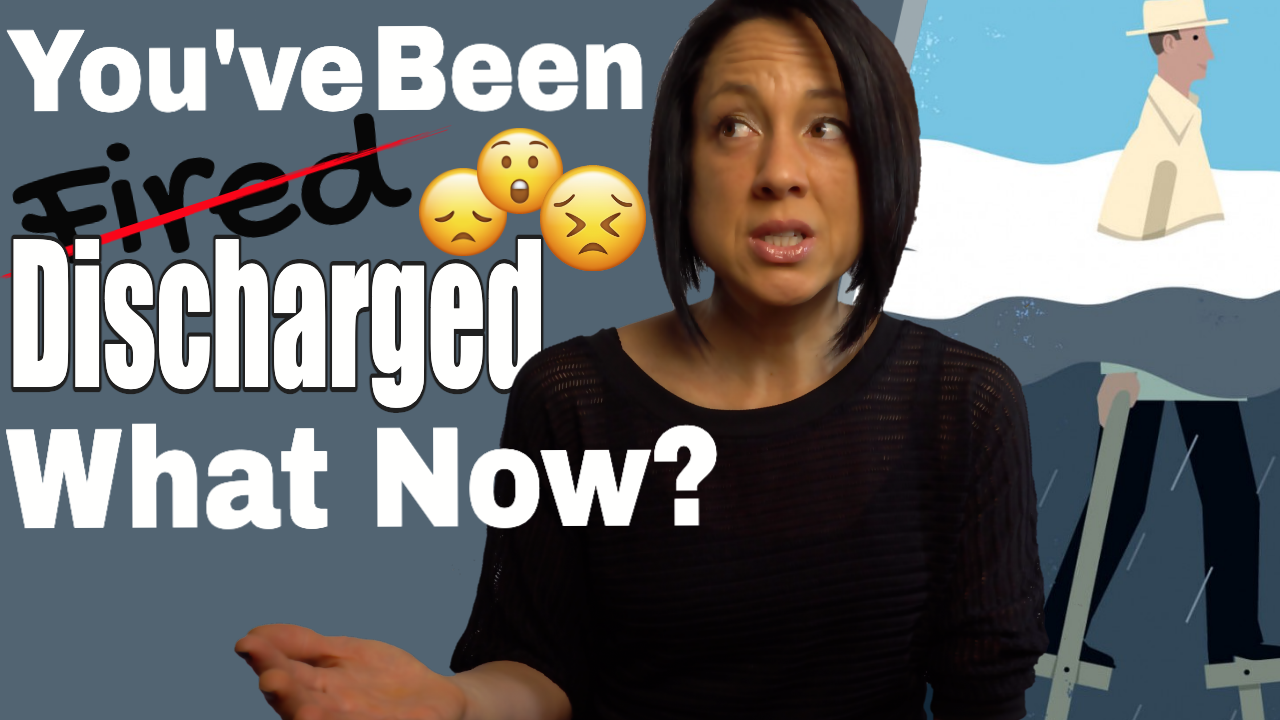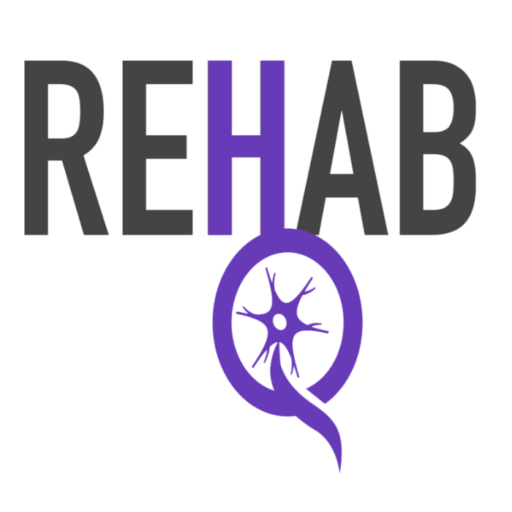
So, you have been discharged from therapy. So, what now? For some, this is a positive step in the rehab process. Some will understand right away that this is progress. On the other hand, for others it can bring up all kinds of negative emotions.
“Is my therapist mad at me?”
“Does my insurance company hate me?”
“Am I a lost cause”?
In most cases, these are cognitive distortions that are not necessarily true. That being said, perception can sometimes become reality. And in this case, these perceptions can be counterproductive to your continued recovery.
Why is someone discharged from therapy?
There are several reasons this happens. And in most cases there is a logical explanation with zero malicious intent 😉. Here are some of the main reasons someone is usually discharged from therapy:
Insurance limitations
Many insurance companies often only pay for 25 sessions per calender year. This has zero to do with whether or not you have potential for more progress. So eliminate that from your mind 😊
You have “plateaued”
Now this is a tricky one. In some cases it is because your therapist selected an outcome measure (test) to measure your progress that was not sensitive enough to show that you are making progress. This is out of your control. Again, this has zero to do with your potential.
You are not demonstrating carryover from session to session.
Yes, this is a crazy insurance rule. Many insurance companies require therapists to document this. That being said, it is important to do your home exercises and make sure you are working hard between sessions. Remember, therapy alone is not enough. Brain rewiring requires daily practice.
How to get the maximum number of visits (physical therapy)
- I said it earlier and I will say it again, do you home exercises. This will ensure that you continue to make progress.
- Use therapy time to make sure you understand exactly what you need to do at home
- Bring a family member to therapy so they can help you to carry over the exercises at home
- Communicate, communicate, communicate – it is helpful to talk to your therapist about how you are feeling about the exercises. There are definitely “two ways to skin a cat”. That is one thousand percent true in rehab. If an exercises doesn’t feel right, or you just don’t like it, in some cases there is another way to get the same outcome. That being said, there are also times when therapy is not going to be fun and/or comfortable regardless of the activity. In this case I recommend employing the “mind over matter” philosophy. Yes, harsh, but true. Sometimes you have to do what you don’t want to do. The most important thing is that you trust that your therapist is on your team. Without this trust, everything about “communication” is a moot point.
What do you do after discharge?
Keep going. Yes, being discharged from therapy is just an event that happens. Everyone is eventually discharged. It is always good to check with your insurance company to see if your benefits renew every year. If this is the case, talk to your doctor and ask about returning to therapy. If you want more tips with exercises, here is a video with more recommendations:

